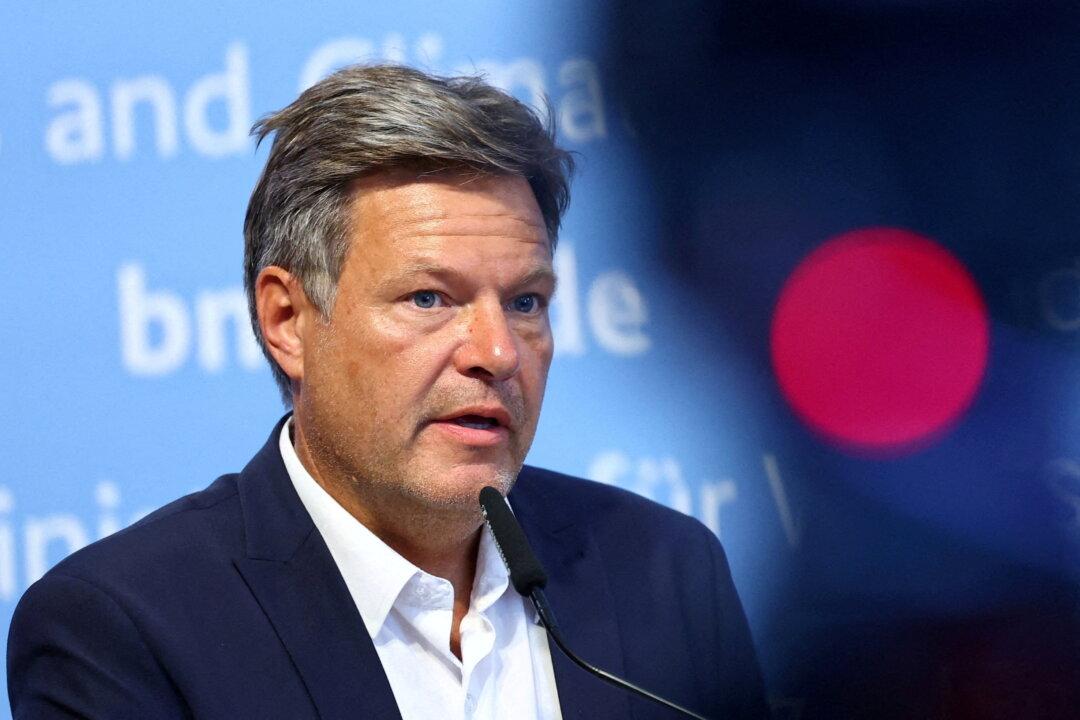Germany’s coalition leaders are meeting this week for crisis talks seeking to prevent a political impasse that Vice Chancellor Robert Habeck warned would strike “at the worst possible time” for the country’s stability.
The governing coalition, comprising the Social Democrats (SPD), Greens, and Free Democratic Party (FDP), faces increasing pressure as disputes about economic priorities continue.The FDP made in its paper—which the party initially said had been disclosed by accident—a suggestion to delay by five years the target date for some net-zero goals.





